Most observers of international affairs are likely unaware that today, October 7, Moroccans will go to the polls to elect members of parliament. Morocco—known to outsiders as one of the few Middle East and North African countries not on fire—does not tend to get the same level of attention from Washington as other Arab states.
Already tired of the democratic process after six years, many Moroccans will likely stay home on election day. And even those who do vote will have little ultimate influence, as Morocco’s parliament is seriously limited in its ability to function independently of the monarchy. Nevertheless, these elections are worth paying attention to for a few reasons.
Potential power turnover?
First, these elections are only the country’s second parliamentary elections since the 2011 Arab Spring. Political scientists often refer to Samuel Huntington’s “two turnover test” to judge whether a country is on a democratic path: it is only once two successful handovers of power have occurred, the thinking goes, that a country can be said to be truly democratizing.
While Morocco did not experience a revolution in 2011, the Moroccan government did witness mass protests, which resulted in a new constitution and promises of democratic reforms, including some transfer of power from the monarchy to the parliament. While the test may not apply exactly to Morocco’s case, the idea of alternation of power in a hybrid regime like Morocco is significant. Thus, should someone unseat the Islamist Justice and Development Party (PJD)—which has held the plurality and the prime ministership since 2011—Morocco could be well on its way to passing that two-turnover test.
It is not clear whether the big winner today will be the PJD or the Authenticity and Modernity Party (PAM). Both parties are expected to do nearly equally well. The PAM has capitalized on security fears, most recently blaming the PJD-led government for Morocco’s growing extremism problem, and the interior ministry’s announcement of a foiled plot against the elections will likely help the PAM. A victory by that party would be meaningful: it was founded in 2008 by a close adviser and lifelong friend of King Mohamed VI, leading many to speculate that it does the monarchy’s bidding. While the king insists on his neutrality, bringing the PAM into a stronger position of power is not a positive sign for Morocco’s reform process.
The end of Islamist election dominance?
A second reason to watch these elections is the potential loss by the Morocco’s popular Islamist party, the PJD. Throughout the region, Islamists dominated post-Arab Spring electoral contests, and today Morocco is the only country with an Islamist-led government. The country’s first post-Arab Spring elections brought the PJD to power, and its leader Abdelilah Benkirane has served as prime minister since 2011. Should the PAM outperform the PJD, as it did during last year’s local elections, it would leave the region, for the time being, with no Islamist-led governments.
Furthermore, while the PJD has traditionally allowed itself to be somewhat coopted by the makhzen, a loss to the PAM could embolden the PJD to take a more oppositional stance to the ruling party than it has in the past. But regardless of how the PJD fares, Islamists will continue to play a role in the Moroccan political scene, both inside and outside the government. The Moroccan political system is designed to ensure a coalition government and should the PAM win the most votes, the PJD would likely still join a coalition with the PAM, although it would lose the prime ministership. Furthermore, the largest Islamist group, al-Adl wal-Ihsan (Justice and Benevolence) has continually boycotted the electoral system, viewing it as illegitimate, instead choosing to advocate for an Islamist state from the sidelines.
Young folks
A third factor worth watching is the level of youth participation in this election. Young people were the driving force behind Morocco’s February 20 Movement, the group that led and continues to lead the protests against the Moroccan government. While low turnout is expected overall, many youth are likely to boycott the elections altogether. The reasons for youth disengagement are complex, but at the most basic level, Moroccan youth have lost faith in their government’s ability to deliver on the issues that matter to them most—particularly economic issues. While the PJD-led government was able to push through some important legislation, including some anti-corruption measures, on the issues most important to youth–jobs, poverty, education–the parliament has failed to deliver. And while the blame should be spread between the parliament and the makhzen (ruling establishment), the Moroccan people have traditionally failed to place blame on the monarchy.
While Morocco did not experience the same sort of uprising in 2011 as its neighbors in Tunisia, Libya, and Egypt, some segments of the population, particularly youth, did flood the streets with demands for improved economic conditions and greater political freedom. Yet, the Moroccan government has been adept at quieting those demands without enacting real, substantive reforms, such as by declaring reforms without implementing them, leading young Moroccans to continue to publicly push back against their government through regular, low-level protests.
Do the elections even matter?
A large question looming over the elections and contributing to what is likely to be low voter turnout is whether the elections matter at all. While parliament is more empowered than it was prior to 2011, much of the state’s power still remains in the hands of the king. The prime minister, whom the king must appoint from the party with the most votes in the parliamentary elections, is now allowed to appoint government officials and dissolve parliament.
But, at the end of the day, the monarchy still holds the ultimate power. In addition to his religious role as “Commander of the Faithful,” the king oversees the Supreme Council of the Judiciary, the National Security Council, and the Council of Ministers, which must approve all legislation. Today’s elections have the potential to bring about a political shift in Morocco. Whether or not that shift will impact Morocco’s political future remains to be seen.
The Brookings Institution is committed to quality, independence, and impact.
We are supported by a diverse array of funders. In line with our values and policies, each Brookings publication represents the sole views of its author(s).

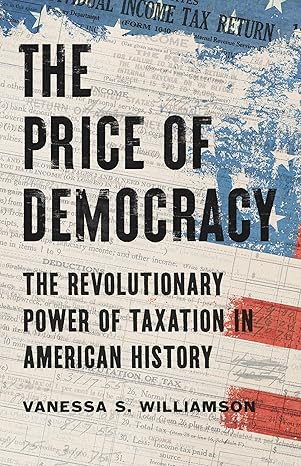
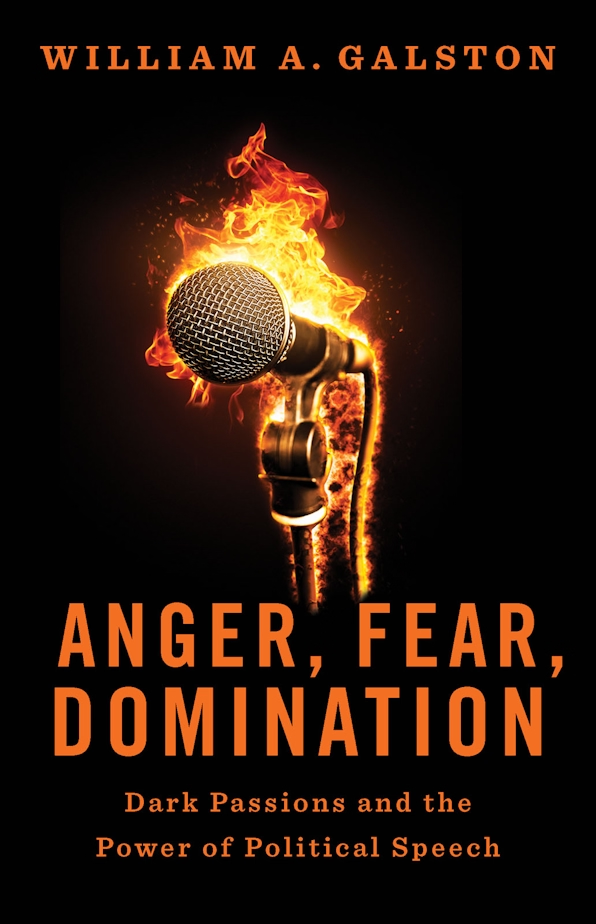
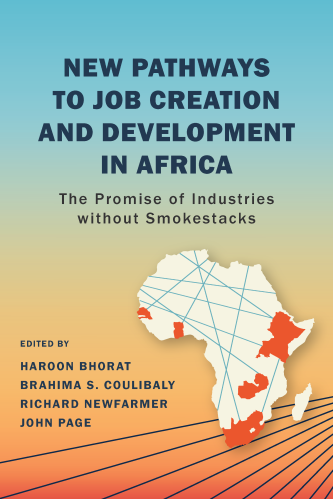
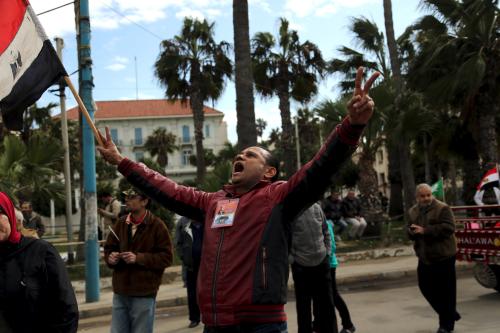
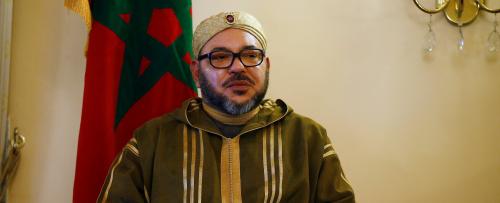

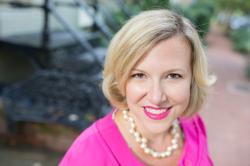

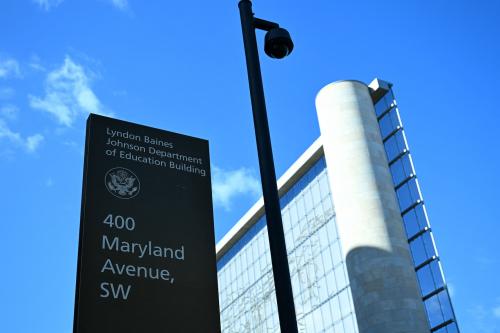
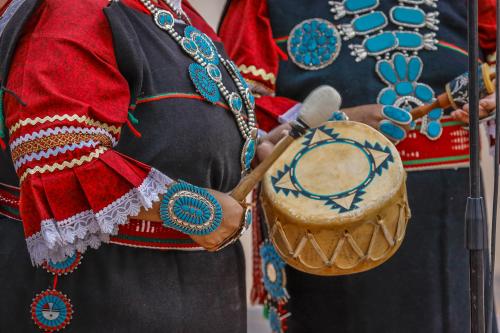
Commentary
What to watch when Moroccans go to the polls
October 7, 2016